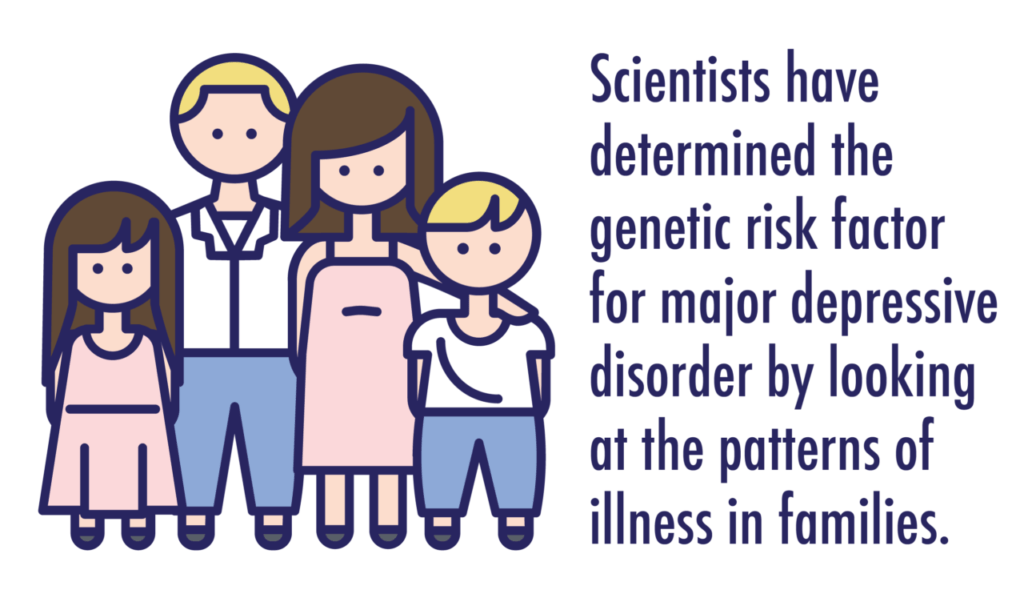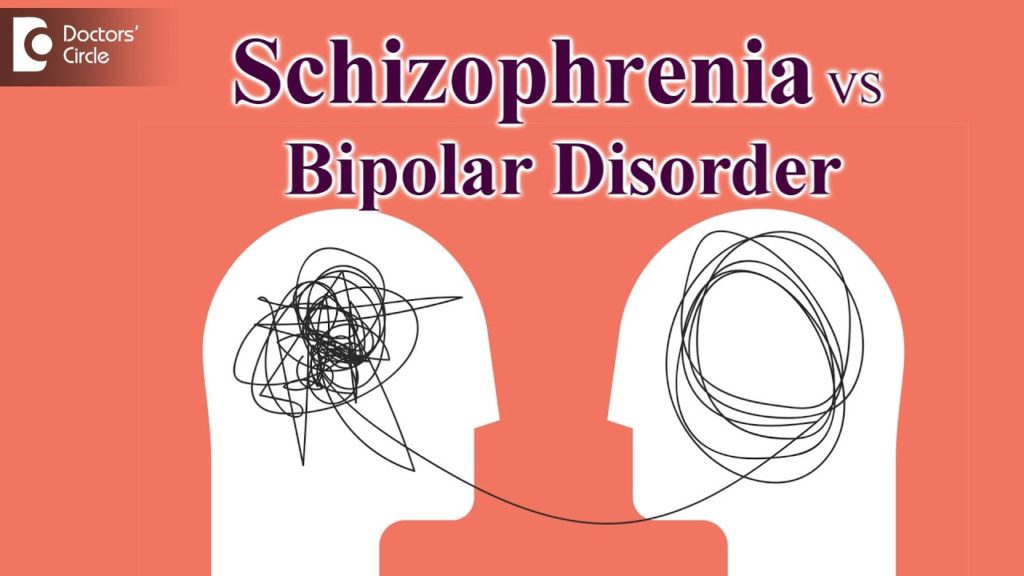
Depression is a mental illness that can cause a person to feel hopeless, sad, and worthless. It is one of the most common mental illnesses, and it can be very difficult to manage.
Many doctors believe that depression is passed down through family genetics and is hereditary. However, there is still much debate on this topic.
In this blog post, we will explore whether or not depression is genetic or hereditary.
Hereditary Depression
Scientists think as many as 40% of people who suffer from depression or bipolar disorder may be able to link the condition to genetics. As a result, scientists think about 40 percent of people with major depression might have a legitimate claim that a genetic factor is to blame for their condition.
Recent evidence from studies suggests it is possible genetic factors are what makes some individuals depressed and resistant to treatment.
There is evidence that depression and mental illness may run in families, suggesting a genetic link is involved in a person’s risk for developing depression.
In other words, some people have a genetic predisposition to depression and other mental illness problems.
Depression and Family History
Having a family history of depression can also raise risks, since children may learn styles of thinking from those around them.
In addition, studies have shown that having a relative who has experienced depression increases the risk of others in the household developing the disease as well.
These are called hereditary factors. A child who does not have a family member who has depression, and is not genetically predisposed to this disorder, can become depressed if he or she is exposed to a trigger event, such as experiencing trauma.
Genetic factors can also be responsible for other health problems besides depression.
Genetics can suggest the risk of depression, but it does not always dictate if an individual will develop this all-too-common mental health condition.
Because there are so many genes involved in depression, and so many possible combinations of those genes, it is currently impossible to identify the genetic probability that any given person will develop depression, no matter the person’s family history.
While many questions remain, it is becoming more clear that having specific genes makes someone genetically susceptible to developing depression.
Genetics and Depression
People inherit combinations of genes from their parents, and some combinations of genes may make someone more susceptible to developing depression.
Research has shown that genes may be passed on differently (modes of inheritance), and this is another factor that can influence a person’s genetic susceptibility to depression.
Studies have suggested that variations in multiple genes, not just a single gene, may combine to increase one’s risk for developing depression.
The mental disorder typically develops through the combination of genes, not through inherited single genes from one parent or both.
Similar to other common genetic conditions, such as diabetes, depression is not caused by one gene.
A complicated combination of how many genes are associated with depression in an individual, how many copies of those genes are present in the negative sense, and how many copies of those genes are in the positive sense, combine to create the genetic risk for depression.
An important consequence of research is that somebody may be genetically vulnerable to depression, but environmental factors (still being investigated) influence whether a gene is turned on, leading to depression, or remains turned off, leading the person to not experience depression.
There are genetic tests that can be taken to determine if your depression is genetic or hereditary.


